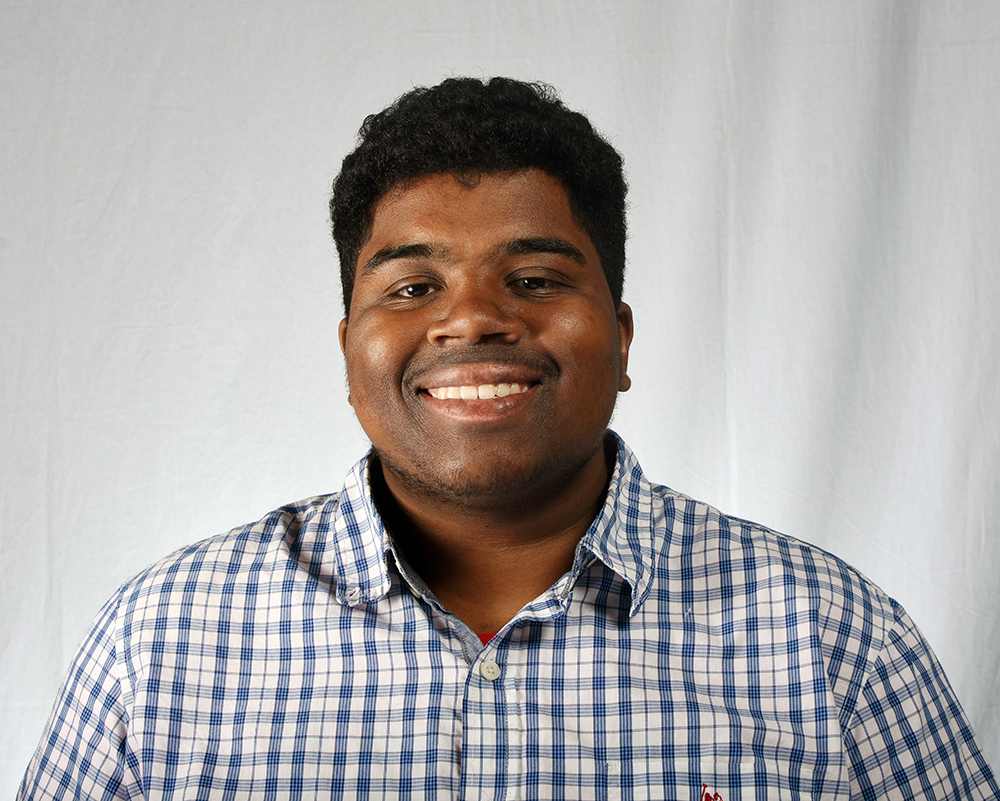Every City Needs a T’Challa

Shawn Fredericks | Staff Writer
WARNING: Spoilers for Black Panther follow.
At the end of Black Panther, T’Challa (Black Panther) comes to Oakland and buys a whole block of condemned buildings within a predominantly African-American neighborhood. T’Challa plans to use these buildings for the first Wakandan international center that will do social outreach and facilitate scientific and technological exchange.
This is beautiful, and in many of the reviews and discussions I have seen about Black Panther, this scene does not get enough attention. This scene is about community wealth, economic development and black philanthropy. An African king buys a whole block of condemned buildings to bring a wealth of knowledge and technology to a poor, predominantly black neighborhood. That image of a rich black man investing in the communities of people that look like him is a powerful expression that African Americans are not exposed to enough in Hollywood and everyday life.
Black Panther has inspired people to create movements such as the #BlackPantherChallenge, where black philanthropists buyout theaters for underrepresented minorities. Within our local community, leaders pooled their resources together to get southeast Raleigh kids and teeneagers tickets to see Black Panther.
Black economic power is real, and it is about time for the black community to showcase that. We should be inspired by this wave to pool our resources together to build up our communities.
Black people have a history of being able to build wealth, as my hometown illustrates. I grew up in Durham, North Carolina. The ‘Bull City” is famous for being the city of medicine and home to the fine and wonderful institution of Duke University.
A little know fact about Durham is that it was one of the homes for Black Wall Street. Back in the late 1800’s on Parrish Street, Black Wall Street was started by two black entrepreneurs, John Merrick and Charles Spaulding, with help from white elites such as Washington Duke. During this time, black wealth grew exponentially; however the wealth was not shared among all black people. Most of it went to a black elite class. Black Wall Street ended in the 1960s with Durham’s urban renewal.
Black Wall Street demonstrates why black people need to invest and create wealth in their communities. We have an obligation to uplift each other, not just with combating racism but by also helping our brothers and sisters economically. We live in a capitalist society, where the money in your pockets determines your status and quality of life. Unfortunately, with this in mind, we commit a moral injustice when we turn our backs on our less fortunate brothers and sisters who may not have had the same opportunities we enjoy in life, or more specifically, at this university.
When we obtain enough income, instead of (always) donating to this university that does not do enough to include minorities, we should distribute some monies towards HBCUs, whether we attended them or not. Not simply because they are HBCUs but because they are graduating more poor black students than white colleges.
For those who need a visual, after visiting a friend that goes to an HBCU, coming from her on-campus apartment to Wolf Village was like going from the hood to the hills. Not because her apartment was dirty (she keeps it quite clean), but because of the lack of upkeep with the grass, the lack of a computer lab within the complex, and the fact that dining halls are not open at all hours of the night like Tuffy’s.
We as a black community need to invest in black institutions that are serving our people. While we should always advocate for diversity and inclusion in PWIs, we should not let white institutions be the end-all, be-all of determining black success.
That is why people should all aspire to be the T’Challa of their community, but instead of relying on the rich black elites, people should use the collective wealth they have to create change. In the words of Ricky Rozay: “It’s time to buy back the block. It’s time to buy back the hood.”
Movements such as Buy Back The Block, which uses crowdfunding to fight gentrification by getting people to invest in the black community without having a massive amount of money. We should work to stop gentrification from displacing communities of poor people of color not with just social media posts (awareness is always key though) but also with our actual collective wealth.
This is the time to remind America of black economic power. People, we need to raise our fist for economic justice.
Property is great and all, but there is another way to uplift these communities. The way was paved by the Black Panthers (no, not the Wakandan kind). What is little known about the Black Panther Party is that they created social programs such as free breakfast for children and free health clinics.
Again, money in my view should not determine a quality of life, but we should pool resources to serve the community through social programs. We should not let the self-interested and greedy values of American capitalism keep us from leveraging our resources to empower our communities. When we put the procurement of commodities above the wellbeing of our people, we have truly disconnected ourselves from our ancestors who jumped from ships, who raised their fist in rebellion against governments and gave their lives for a brighter future for the next generations to come.
When we graduate, we should work hard to create a better future not just for ourselves but our community. We have an obligation to share with each other. Wakanda changed on the silver screen. Now we have to create that change in our everyday lives.
As the saying goes, the revolution will not be televised.